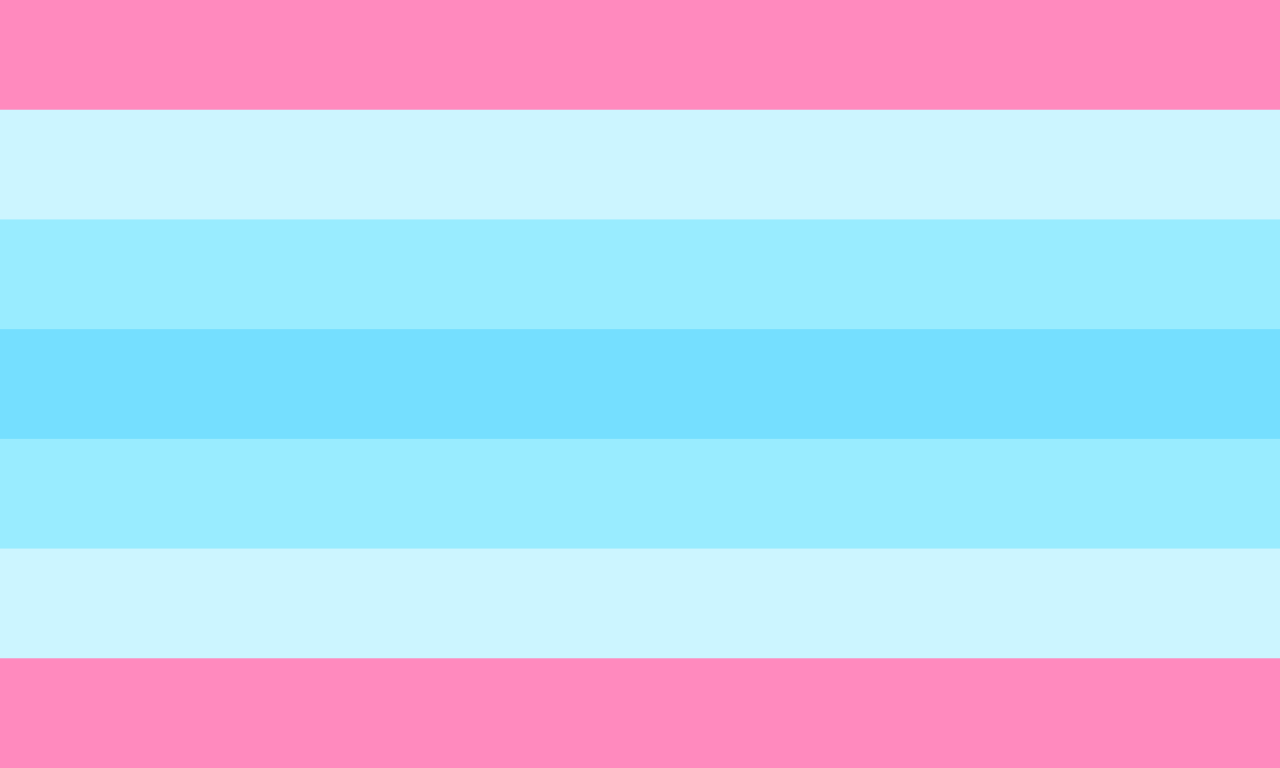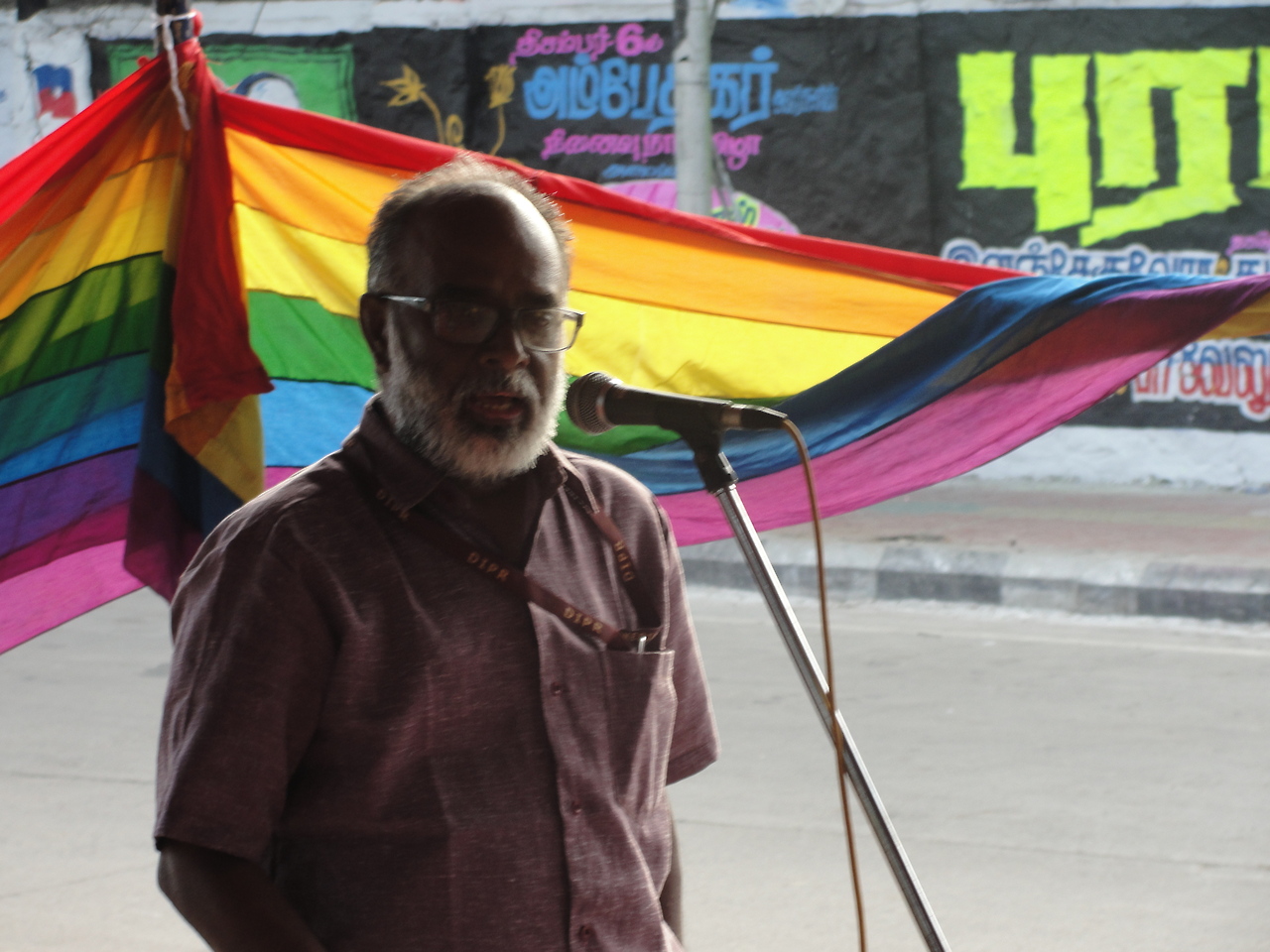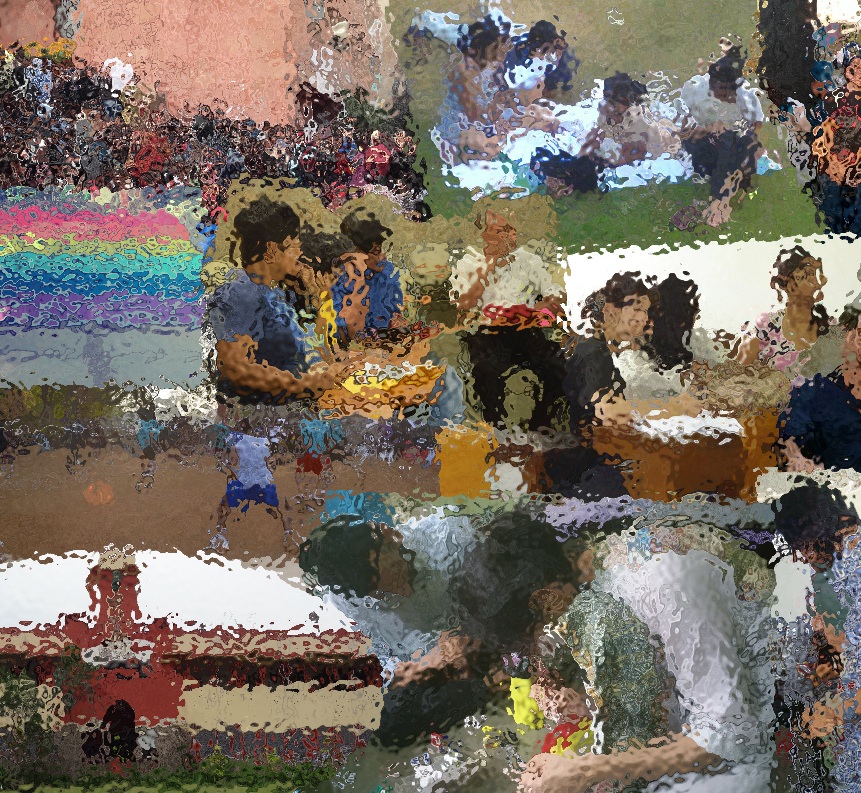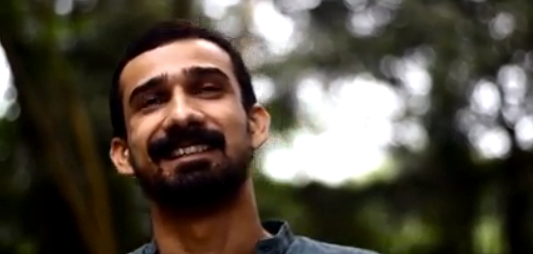Transgender men: an explainer for policy makers [English and தமிழ்]

A Tamil translation by Swetha Shri is available here.
Background
Transgender men/ trans men / men of trans experience are persons who were assigned female at birth by parents/medical professionals based on their genitalia, but who grow up to identify as men.
In India, the term ‘transgender person’ is predominantly associated with trans women and persons from socio-cultural identities like thirunangais, hijra and kinnar persons, etc. by the larger society. As a result, trans men are not even seen as transgender persons by government officials and policymakers, leading to a neglect of the specific issues that affect us.
Transgender men such as ourselves face multiple struggles when it comes to revealing our identity. We have to navigate oppression from patriarchal structures based on our sex assigned at birth, as well as discrimination and violence throughout our lives, based on our gender identity as trans men. This restricts our mobility, access to public spaces, education, employment, healthcare, civil rights (for example, inheritance, parental rights) and causes us to face violence even from our birth/natal families, and other institutions.
We face homelessness due to lack of support and frequent violence from family and society. Further, we face discrimination and violence in accessing public places, education, employment opportunities, social security, housing, healthcare, mobility, etc. Thus, most of us are forced into taking up menial jobs for our sustenance.
Right to Life, Right to Equality
Articles 14, 15, 19 and 21 of our Indian Constitution have given us the Right to Equality, Right not to be discriminated against on grounds of sex which is inclusive of one’s gender identity as well (NALSA verdict citation AIR 2014 SC 1863), Right to Expression, Right to Life. The moment our parents and siblings learn of our gender identity, the family, which is supposed to be a safe haven becomes the first place of violence for many of us. We are often forced into marriages by families and further subjected to conversion therapy, sexual violence including rape, domestic violence by families and society at large. Not many survive this violence: there is history of suicide by trans men who are unable to cope with the violence. So as trans men we are not able access most of the rights specified in our Indian Constitution.
Right to Education
Right of Children to Free and Compulsory Education Act or Right to Education Act (RTE) describes the importance of free and compulsory education for children between 6 yrs and 14 yrs in India under Article 21a of our Indian Constitution. However, children who are assigned female at birth and do not conform to societal gender norms, are forcibly married off to men, some of us as young as 14.
If we resist the efforts of our families to get married, we are subjected to cruelty, rape, violence, abuse and conversion therapy that hinders our access to education and we are forced to drop out of schools.
Even those of us who have access to educational institutions, find them to be spaces of violence, bullying and abuse because of our gender expression or identity. This violence in educational institutions causes us to drop out, hence restricting our education access, and further opportunities to economic empowerment for which education is essential. Also there is no horizontal reservation, which will enable the inclusion of persons who are further marginalized among us on the basis of caste towards education access.
Right to Work
Article 16(2) of Indian Constitution states that no citizen can be discriminated against or be ineligible to work based on grounds of sex which can be interpreted as based on gender identity as well. National Rural Employment Guarantee Act 2005 requires the state to make provision for secure human conditions of work, whereas in reality trans men are harassed at work because of our gender identity.
There are no anti-discrimination policies, inclusive internal committee,inclusive redressal policies, inclusive single stalled gender neutral restroom access in workplaces. Also there are no trans-inclusive labour laws and gender-disaggregated statistics that take into account trans men and trans women in the labour force.
Also, the lack of educational qualifications forces many of us enter the unorganized labour force, where there are no protections.
In recruitments to police and other armed forces, trans men are forced to compete against cis men’s standards in physical tests without considering the fact that trans men and cis men have different physiological/physical capacities. Such standards render it impossible for trans men to get fair and equitable opportunities to access public employment.
Right to Health
Article 21 of the Indian Constitution guarantees the fundamental right to life and personal liberty which includes the right to health. Articles 38,39,42,43 and 47 put the obligation on the state in order to ensure the effective realization of the right to health.
Trans men require multiple speciality professionals like gynecologists, endocrinologists, dermatologists, among others. Trans men who need to access sexual and reproductive health (SRH) services are often forced to go to gynecologists who do not understand the basic difference between sex and gender, and fail to understand how a male-identifying and masculine-presenting person would need hysterectomy, have menstrual issues, be at risk for ovarian, cervical and/or breast cancer, need fertility preservation, obstetric, or medical termination of pregnancy services.
Additionally, we are often subjected to physical examination by medical professionals to even issue a letter of gender incongruence/dysphoria. These physical examinations are unnecessary, and violate our bodily autonomy, privacy and right to self-determination.
We also face difficulties in accessing hormones, surgeries and gender affirming procedures.We face issues of medical negligence, neglect, lack of expertise and ignorance in gender affirming procedures like hormone therapy, surgeries as well as in accessing general healthcare, because of which some transgender persons have even lost their lives.
We urge community members, service providers (health, education, livelihood, legal) and policy professionals to understand the issues specific to trans men as well as cross-cutting issues, in order to ensure truly inclusive services and policies.
We urge that diverse community representation be ensured in consultations for policy development.




![திருநம்பிகள் கருத்துக் குறிப்புகள்: an explainer for policy makers [தமிழ்]](https://orinam.net/wp-content/uploads/2023/08/tm_flag-768x461.png)